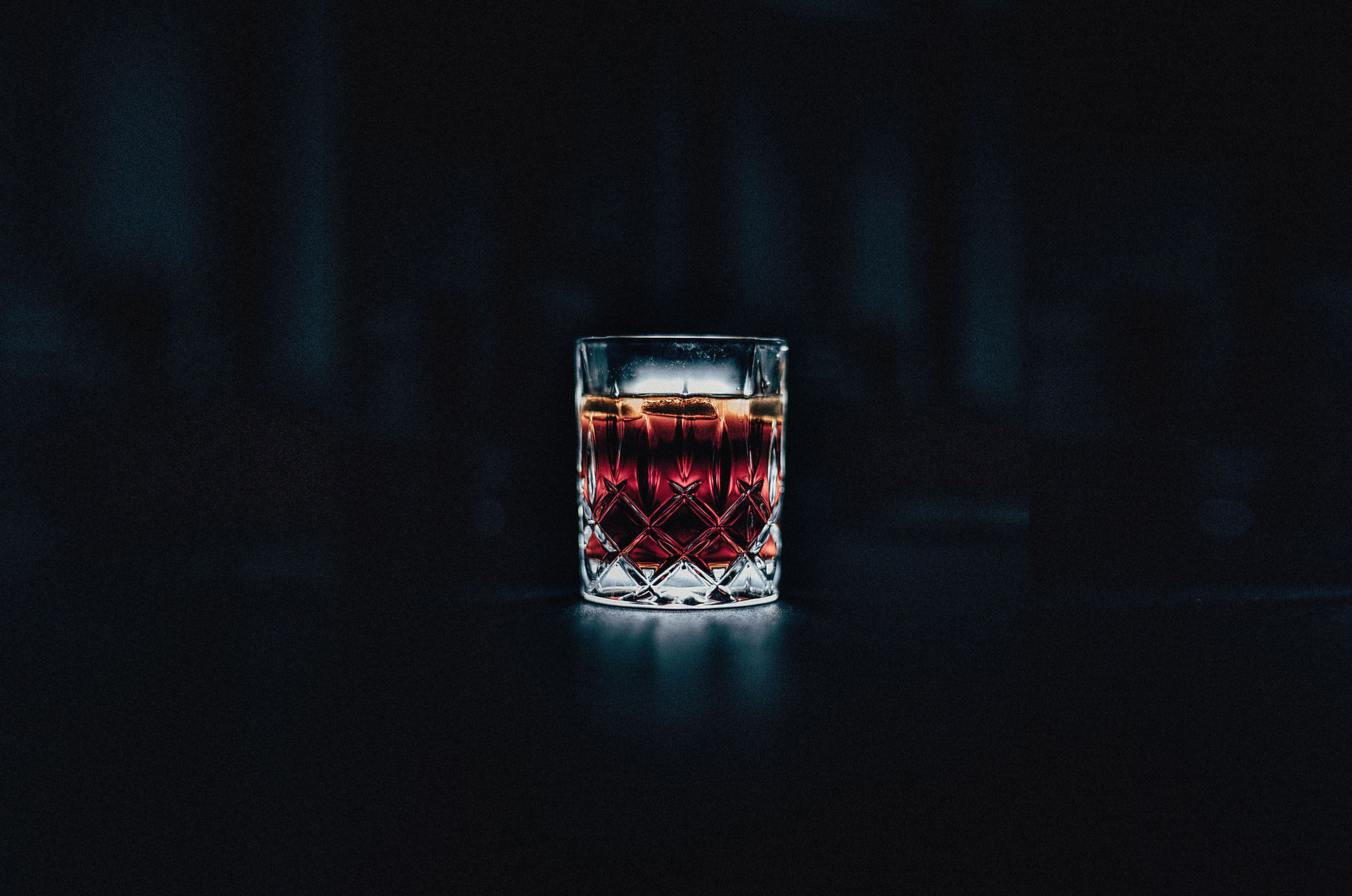Ways to Boost Your Energy, After a Sleepless Night
- sujonodamario

- Jun 29, 2021
- 2 min read
In a perfect world, every adult would get somewhere between seven to nine hours of sleep a night — the amount that experts say is needed for maximum health. But that does not always happen. Many people experience this on a regular basis, barely survive during the day due to lack of getting the recommended seven hours of sleep each night.
Getting more sleep is the obvious remedy to these problems. But when sleep does not come, how will you deal with the day after? When all those tricks, tips, and smart sleep hacks have made no difference, what will you do to manage the consequences? In the meantime, there are a few short-term solutions that can help you stay awake throughout the day.
You are what you eat.
When you usually get big breakfast, today is all about small, regular meals and slow-release carbs. Porridge for breakfast and plenty of fresh fruit and water to get you through till lunch is a good idea. Having Big breakfast after a sleepless night? Now, this idea is about 180 degrees off, of being smart. Too much food just going to put you flat on your back. Avoid high-carb meals. You will tend to burn through those carbs quickly and then have an energy crash. Instead of reaching for a slice of pizza, better choose something that includes lean protein and healthy fats with every meal. Those things are going to satisfy you, but they are also going to help you stay full for longer by slowing down how quickly you digest a meal.
Let there be light.
Before you run to the coffee machine, getting out into the sun or outdoors, even for a few minutes, can give your system a real kick. After 10 minutes basking in those rays and soaking up that vitamin D, you will feel rejuvenated. If this is not an option, scour your surroundings for a UV light. Clete Kushida, MD, MPH, a sleep specialist and the director at the Stanford Centre for Human Sleep Research in California said, "Getting bright light in the morning syncs the nucleus and enables the brain to remain more awake."
Drink Water
Though staying hydrated does not have a direct effect on wakefulness, it can prevent compounding the effects of insomnia with the annoying physical symptoms that come with mild dehydration, like a dry mouth and lethargy. Drink lots of water because when you're sleep deprived, your cells are really thirsty since they're working extra hard to take care of you and they need that extra water. Aim to drink six to eight 8-ounce glasses of water a day, and drink more if you're exercising or outside in hot weather.
Practice relaxation techniques.
A sleepless night can leave you feeling more irritable, short-tempered, and stressed, according to Grandner, part of the Division of Sleep Medicine at Harvard Medical School. To combat this stress, try practicing relaxation techniques to keep your mind and body ready for what comes with the day. Grandner suggested doing breathing exercises throughout the day, "Moving your awareness across all the different muscles in your body to identify where you are tense, then relaxing can help you quickly deal with tension you are holding in your body," he explained.




Comments